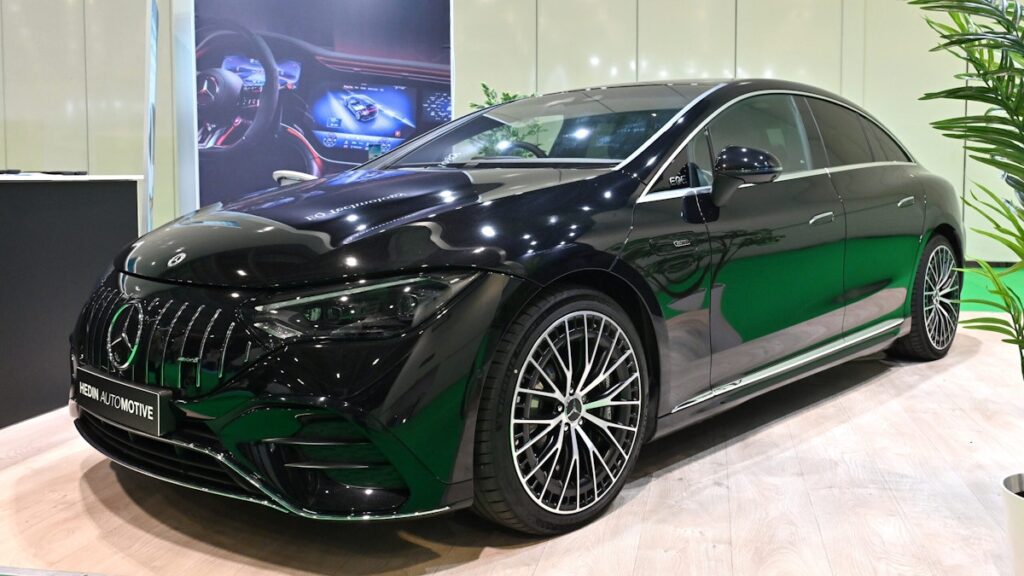Headline: Mercedes-Benz Swerves from All-EV Future Amidst Lacking Consumer Demand
In a dramatic shift echoing a wider industry approach that consumer demand for electric vehicles (EVs) fails to meet initial projections, Mercedes-Benz has abandoned its previous commitment for an all-electric future by 2030. This strikes a stark contrast to the German automaker’s pledge just three years prior.
In 2018, with high hopes for a greener future, Mercedes-Benz promised to completely phase out the production and sales of gas-powered vehicles by 2030, making way only for EVs. However, the tides have changed. Their fourth quarter earnings statement revealed the new policy, noting, “Customers and market conditions will set the pace of the transformation.”
Deducing from this statement, the automaker represents a reality that instructs a common consensus across the industry: The future direction of auto manufacturing will be steered by the wants and needs of the market, not the green wishes of the producers.
“The company plans to be in a position to cater to different customer needs, whether it’s an all-electric drivetrain or an electrified combustion engine, until well into the 2030s,” Mercedes stated. They expect EV sales to reach “up to 50%” of their total sales, but even that’s a potentially optimistic figure.
With further consequences of the market’s EV reluctance, Tesla CEO Elon Musk, at the helm of the world’s second largest EV manufacturer, anticipates a slowdown in sales for the forthcoming year. This reiteration of the grim market reality hardly comes as a surprise following a report earlier this month by The New York Times.
The report detailed the Biden administration’s readiness to backtrack on its firm push to force electric vehicles onto American consumers. The retrenchment comes in the wake of multiple complications. Evolving from consumer disinterest in EVs, logistical issues with charging stations, performance complaints, and predominant concerns from the auto industry.
Labelled as a “concession to automakers and labor unions,” the Biden administration’s U-turn defers its increased pressure on “limits to tailpipe emissions,” designed as a strategy to persuade American consumers to swap their gas-guzzlers for costlier, frequently less reliable electric vehicles.
Negotiating yet another hit, Ford announced just last month major redundancies — around 1,400 employees — who were formerly engaged in the production of the once highly-anticipated F-150 Lightning truck at the Rouge Electric Vehicle Center due to the persisting issue of low customer demand.
The shift from both individual corporations and the collective automaker industry exposes an unexpected rupture in their race to an all-EV future. The current trajectory reveals the undeniable fact that EV demand has not materialized as hoped, and the infrastructure and public acceptance remain barriers.
In conclusion, the road to an all-EV future, once thought of as a progressive pathway to a greener, eco-friendly world, seems to have hit an unexpected roadblock. Predominantly shaped by the force of the market and consumer preferences, this turnaround is far from being an isolated phenomenon in the auto industry. As Mercedes-Benz pivots from its initial commitment of going full-electric by 2030, the automaker’s move may very well embody the start of a larger trend within the industry — a careful recalibration of the pace and scale of the move towards EVs. The electric dream is certainly not dead, but the journey to realizing it seems to be longer and more complex than anticipated. The race continues, but the finish line just got a little further away.



